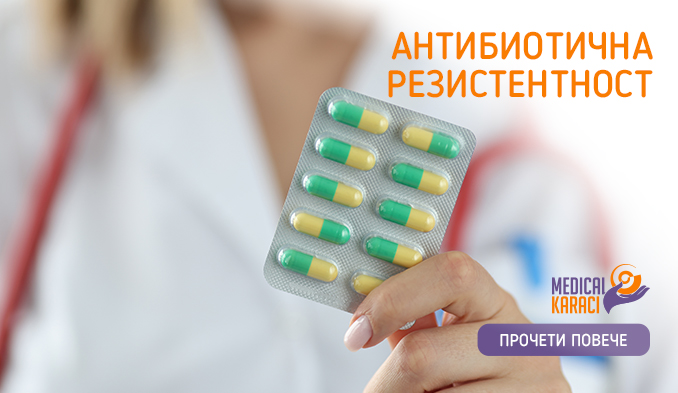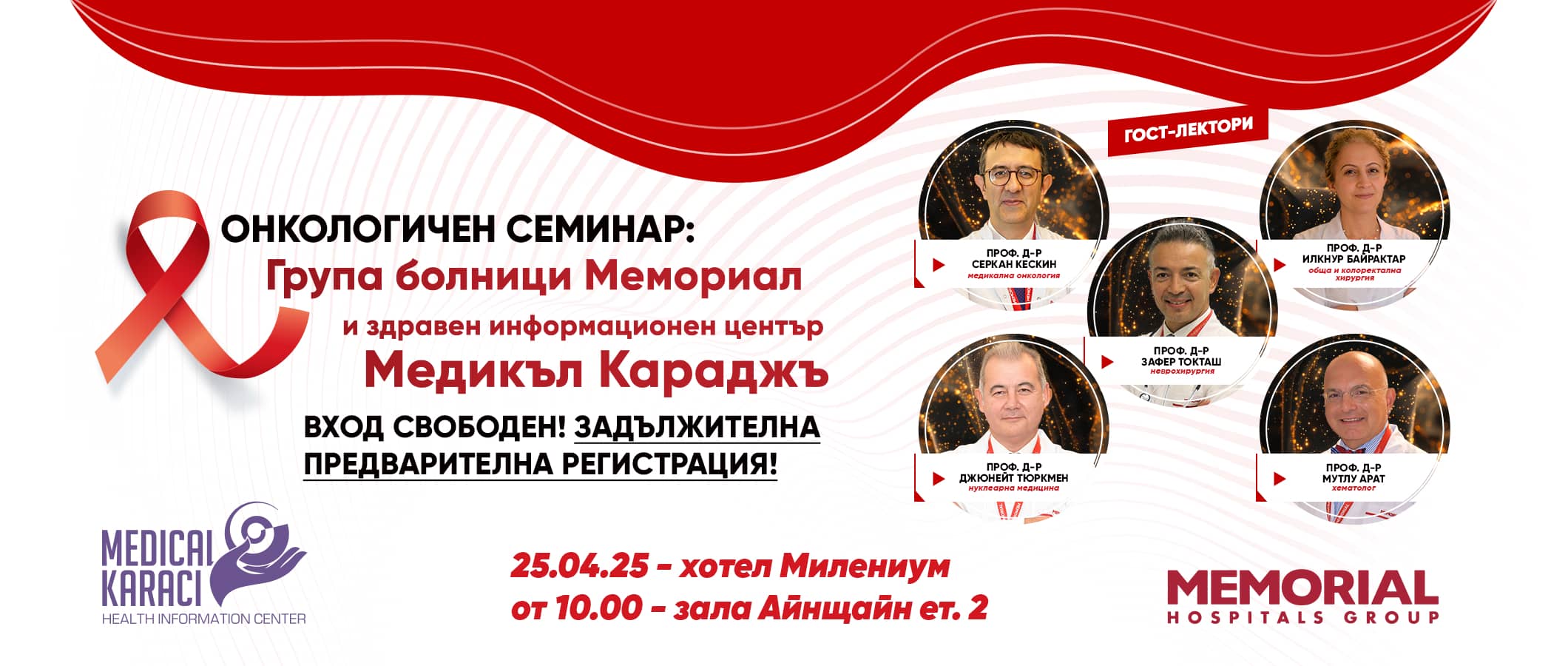Antibiotics are an important part of a comprehensive approach to treating complex medical conditions:
- after surgical procedures
- transplants
- even treatment of patients with oncological diseases
Unfortunately, there is often antimicrobial resistance of the organism to bacterial pathogens, which largely compromises successful treatment.
Resistance?
Antibiotic resistance does not mean that the body becomes immune to antibiotics. It means that the bacteria are resistant to the chemical compounds designed to counteract them.
In this line of thought, it can be said that a symbiosis is created between the pathogen in the organism and the antibiotic ingredient, with neither interfering with the other. For this reason, when a bacterium is isolated after laboratory evaluation, an antibiogram is prepared. It indicates which drug will be effective against the pathogen in question.
Sometimes, however, bacteria develop their own bypass mechanisms to survive against the background of antibiotic therapy, resulting in little or no effect of therapy.
How do bacteria cope with antibiotics?
From an evolutionary perspective, bacteria use two main genetic approaches to adapt to antibiotic "attack":
-
The first way is by altering one or more genes of the pathogen.
An interesting mechanism for neutralizing the action of the drug is in the bacterium Escherichia coli. It has a gene called MCR-1. With its help, it can detach a compound that positions itself on the outside of its cell envelope, and thus prevent the drug molecule from entering through the cell wall.
Another way that bacteria circumvent the action of antibiotic drugs is by taking up foreign DNA. Many of the bacteria that cause infections through their overgrowth are a normal part of the human body. To maintain a balanced microbiome, different bacteria sometimes exchange genes with each other. In this way, when one bacterium is attacked with an appropriate antibiotic, a bacterium of another species can pass on some of its DNA to protect the bacterium under attack.
-
The second way is through established mechanisms to change the structure.
Some bacteria can counteract antibiotics by using "pumps" in their cell walls that keep out the chemical element of the antibiotic. For example, some strains of the bacterium Pseudomonas/causing bloodstream infections and pneumonias/ can limit the action of antibiotics in the fluoroquinolone and beta-lactam groups.
Other bacteria, such as Klebsiella pneumonia, alter or destroy antibiotics through enzymes-proteins that have the ability to break down the drug.Some microorganisms are multidrug resistant. This means that they mutate and change their genetic material during several treatment attempts with different drugs. This results in the pathogen becoming resistant to all antibiotics. This phenomenon can lead to critical moments in people with complicated bacterial infections after open surgeries or transplants.
Biochemical and genetic research on bacteria is important to develop new strategies limiting their overgrowth. However, let us not forget that bacteria are an important part of our bodies and are beneficial when present in normal quantities. Since every antibiotic has its side effects on our general condition, it is good to take care of the good bacterial balance of the body.For more information, we at Medical Carragee are at your service.
Call us on the following numbers "Medical Karaj": 0879 977 401 or 0879 977 402.
Also keep an eye on our constantly updated Facebook content.









